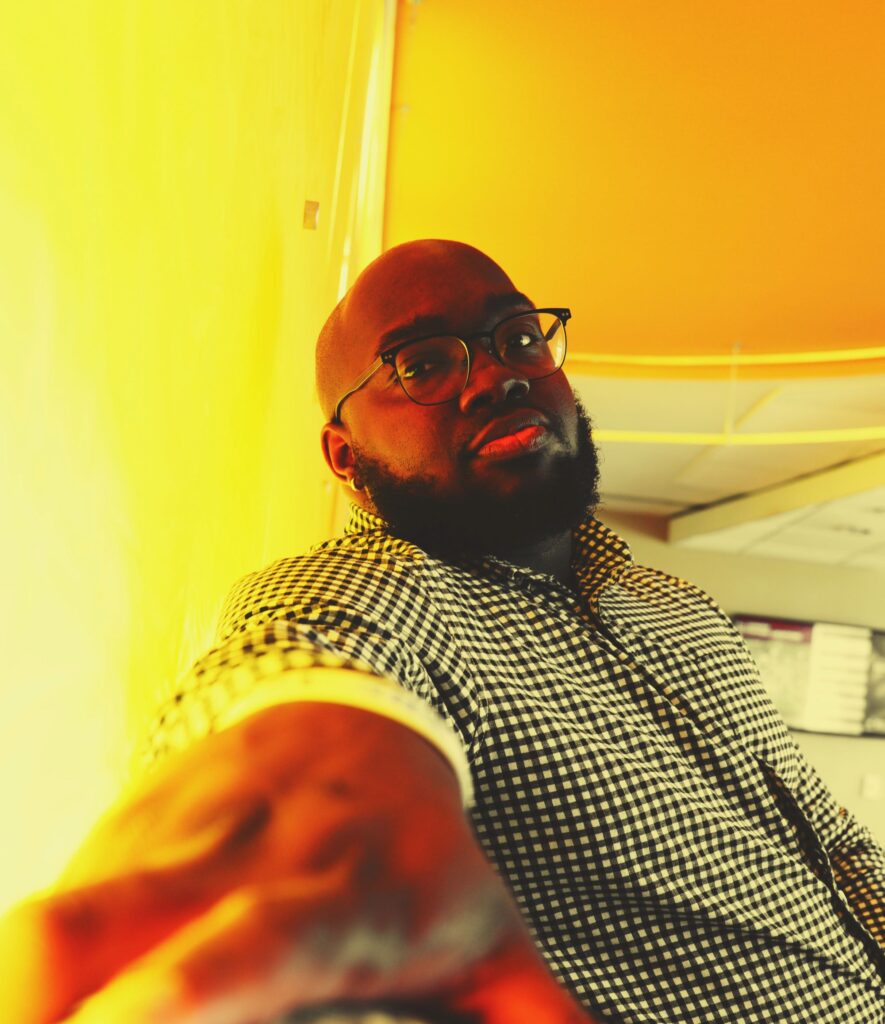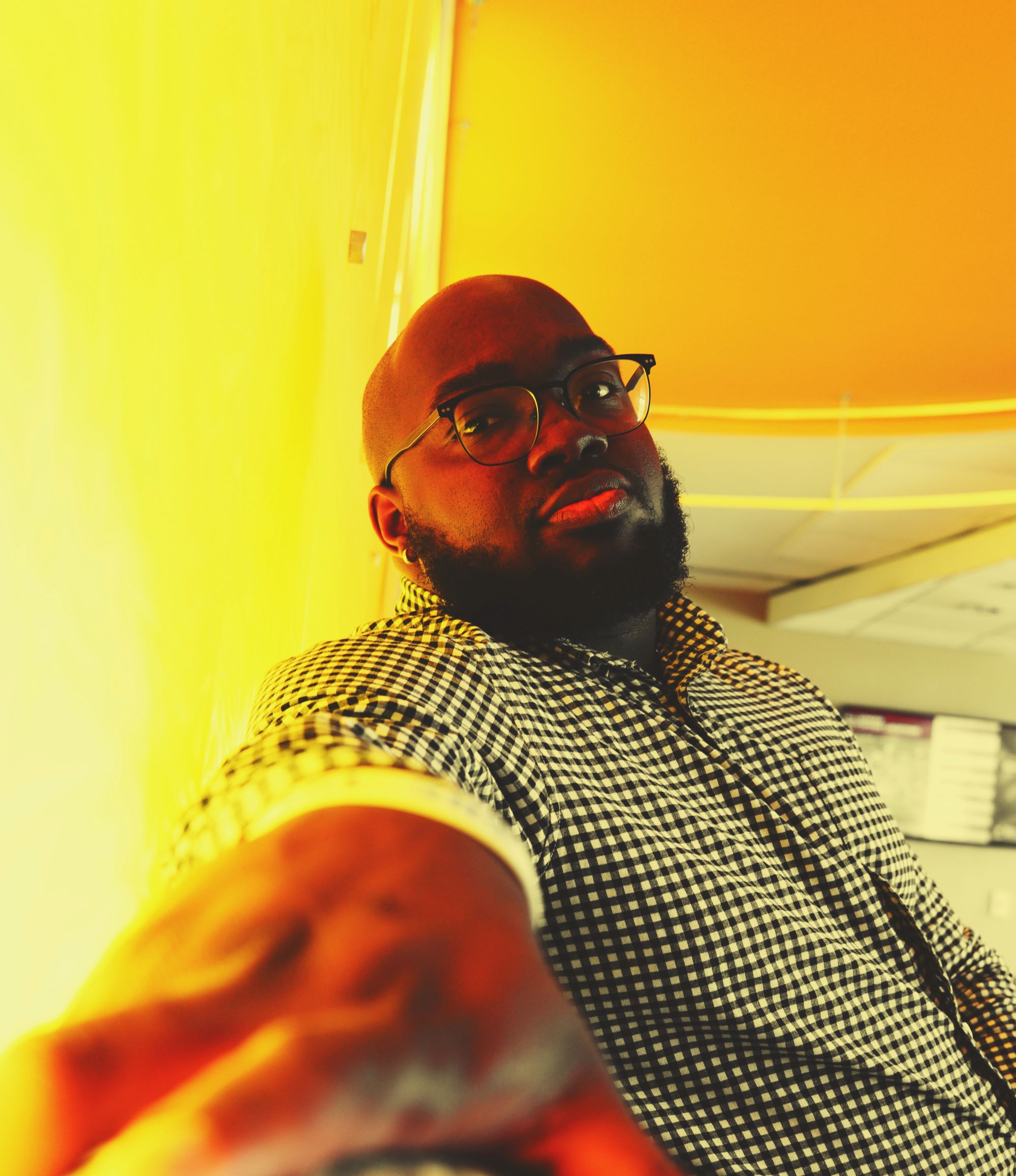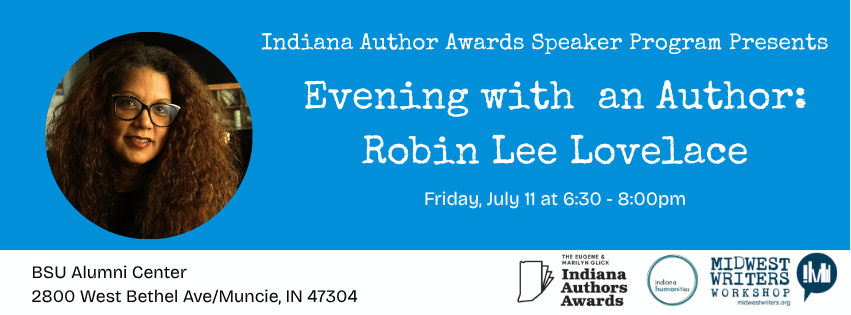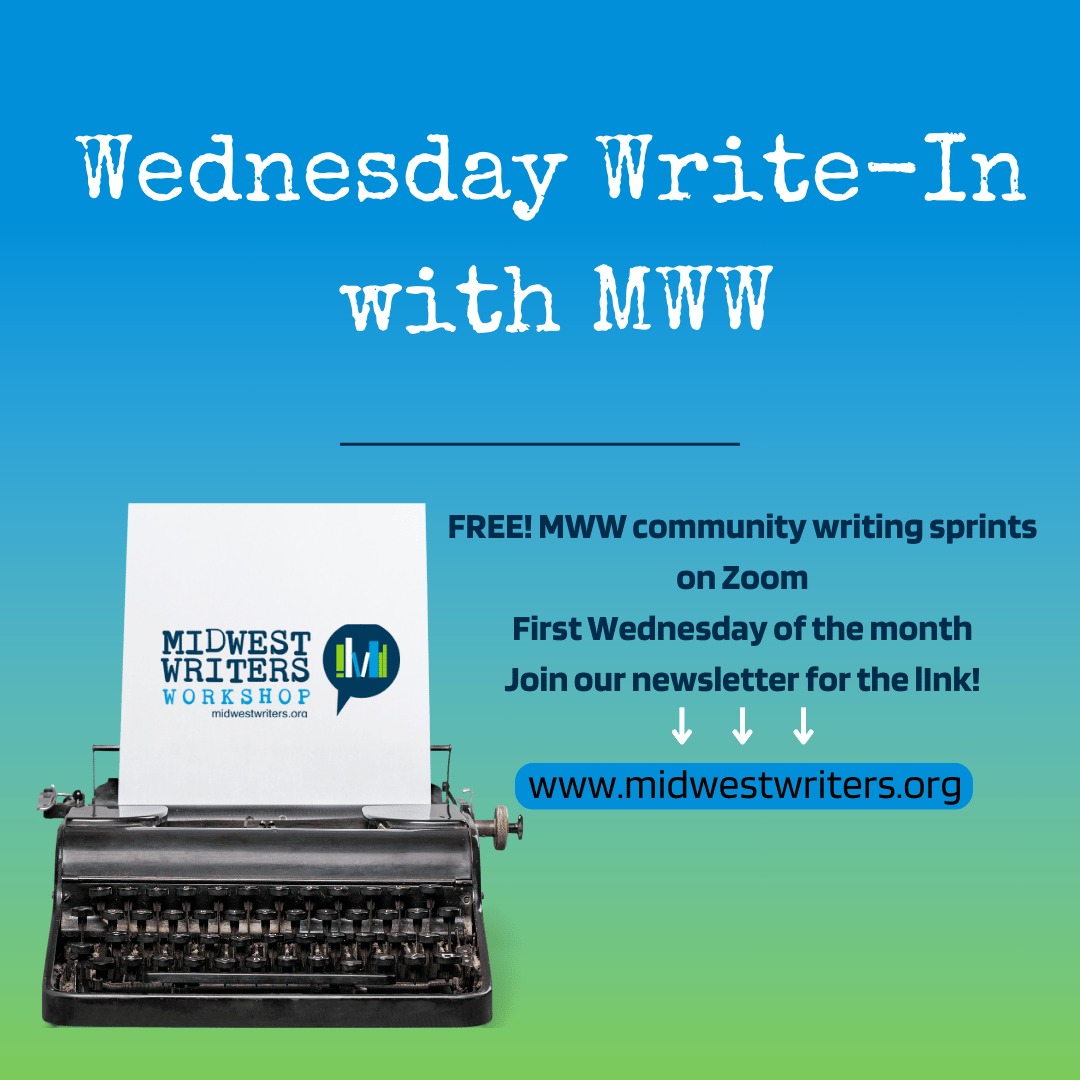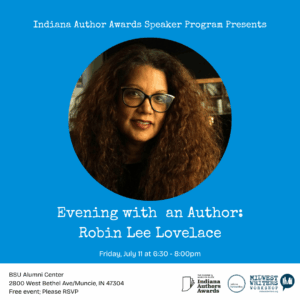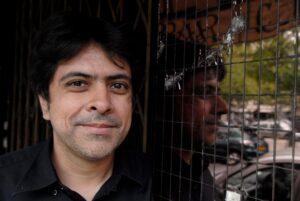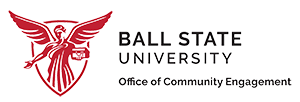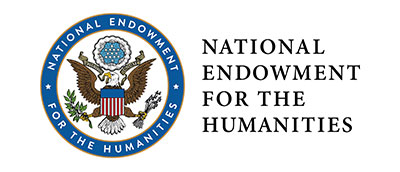Meet Thomas Kneeland
Thomas Kneeland is an Afro-Cuban poet whose research explores questions of ancestry, blood memory, and cultural preservation. He is the author of We Be Walking Blackly in the Deep. A child of the Deep South, Kneeland’s work reaches deep into the soil of his grandmother’s backyard for roots that run along the Mississippi River, down to the Gulf of Mexico, and onto the red clay shores of Cuba. Kneeland was recently nominated for Sundress Publications’ 2024 Best of the Net and is a 2022 Frontier Poetry Global Poetry Prize finalist. His publication credits include Modern Language Studies Journal, Southern Humanities Review, The Amistad, The Rumpus, South Florida Poetry Journal, and elsewhere. Kneeland holds an MFA in poetry from Butler University, an MA in Ministry from Wesley Seminary, and a BA in English Writing from DePauw University. He is currently an Assistant Professor of English at Anderson University (Anderson, IN). Beyond the writing community, Kneeland is a Girl Dad to an eight-year-old who wants to become a baker. Occasionally on weekends, you will find them trying new dessert recipes.
Thomas will be teaching “On Earth, as it is in Heaven: The Necessity of Poetry & Kinship — A Generative Writing Workshop,” “Changing with the Times — A Generative Poetry Workshop on Ecological Memory & Ancestry,” and participating on the panel “I finished it! …Now What?” He is a part of the manuscript evaluation team
Learn More About the Conference and Register
All attendees will receive available session materials and have access to the recordings for 90 days following the event
Q&A with Thomas
MWW: I love this term “ecological poetry” and am intrigued by the entire premise of your “Changing with the Times” session. Can you talk a little more about ways we can look for ancestral memory in our lives and bodies?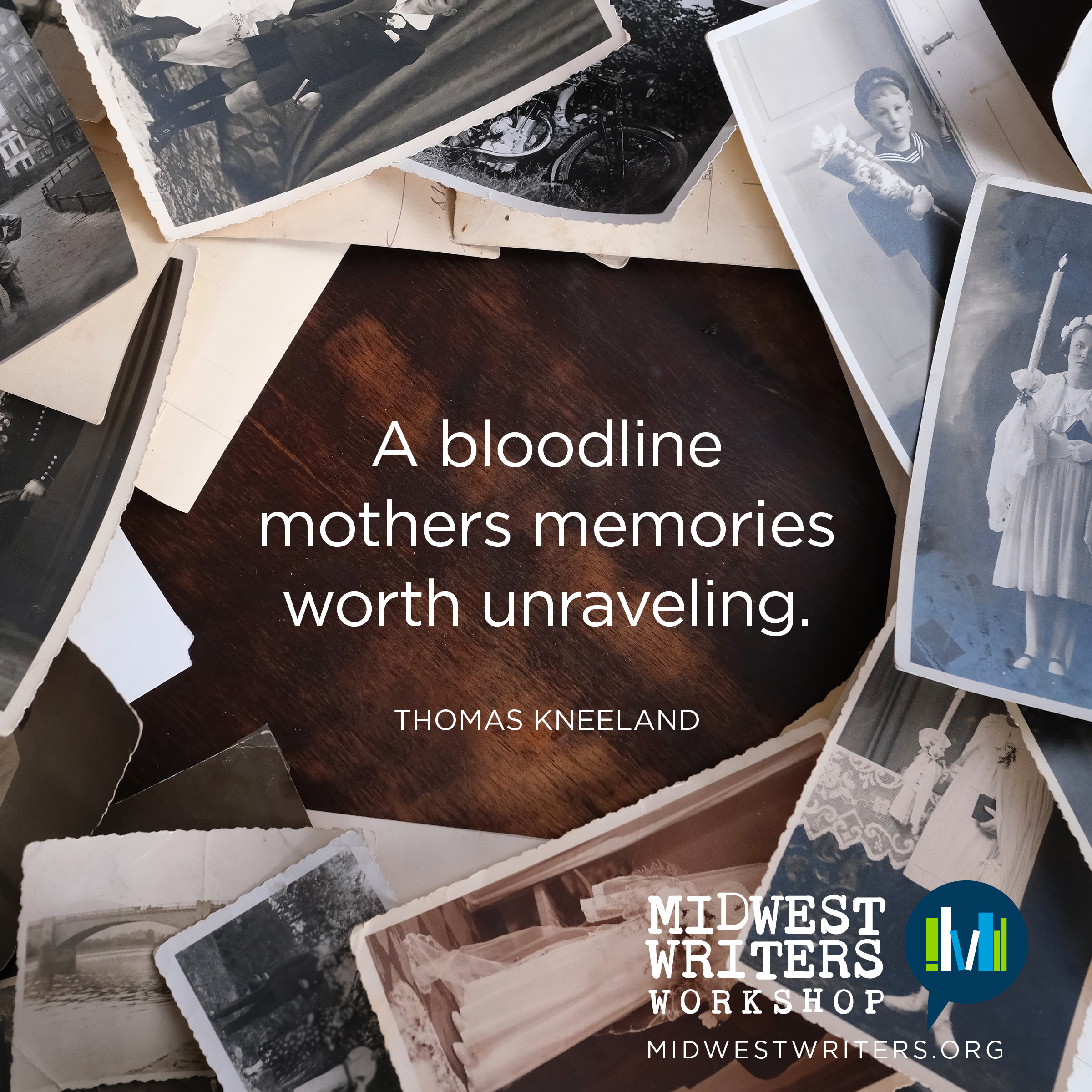
TK: Of course. I’d like to believe that this soul-seeking journey begins with a question. I’m reminded of Marita Golden’s essay— “How to Write a Memoir or Take Me to the River”— in How We Do It: Black Writers on Craft, Practice, and Skill. She first explains to us that “our childhoods are a repository of clues to our future and where the seeds of our dreams are embedded in soil that, whether rich or rocky, is our inheritance,” followed by a question: “What portion of your life and experience is calling for you to examine and re-create it?” (47). And that, I feel, is the question that urges us to search for ancestral memory. For me, it is knowing that the fig tree in my grandmother’s backyard—which was my late grandmother’s backyard—has always been there to soften the ground around my feet. For others, it may be a story of how an expectant mother and her husband escaped their home country for a better life in America. The common ground between the two examples, though, is that a bloodline mothers memories worth unraveling.
MWW: Can you offer some examples of poems that have had a universalizing effect on their readers, and tell us about a time when your own writing brought you to understand humanity in a new way?
TK: Let’s do it. I’ve spent the past year or so analyzing Melania Luisa Marte’s poetry collection, PLANTAINS AND OUR BECOMING, where she uses her Dominican and Haitian identities to amplify the Black diasporic voice. At times, though, she extends the legacy of her ancestry by reimagining their very existence. In her poem, “I Trace Back My Black So Ancestry.com Don’t Take My Money,” she reveals to us that “There are no documents that can / prove my root so I make it up.” What’s beautiful about this line is that in the space of ecological poetry, Marte has the historical foundation of place and, to fill in the gaps, she constructs a beautiful, mystical, and earthy bloodline of ancestors.
In my two latest projects—one of which is a finished manuscript and the other, a work-in-progress—I am spending a lot of time reconstructing a bloodline I never knew was mine until two years ago. And with limited information regarding my Afrocuban ancestors, I mirror Marte’s sentiments of having to “make it up”. This teaches us—and certainly me—something about humanity: we are all trying to figure out how we got here with as much truth and wonder as possible.
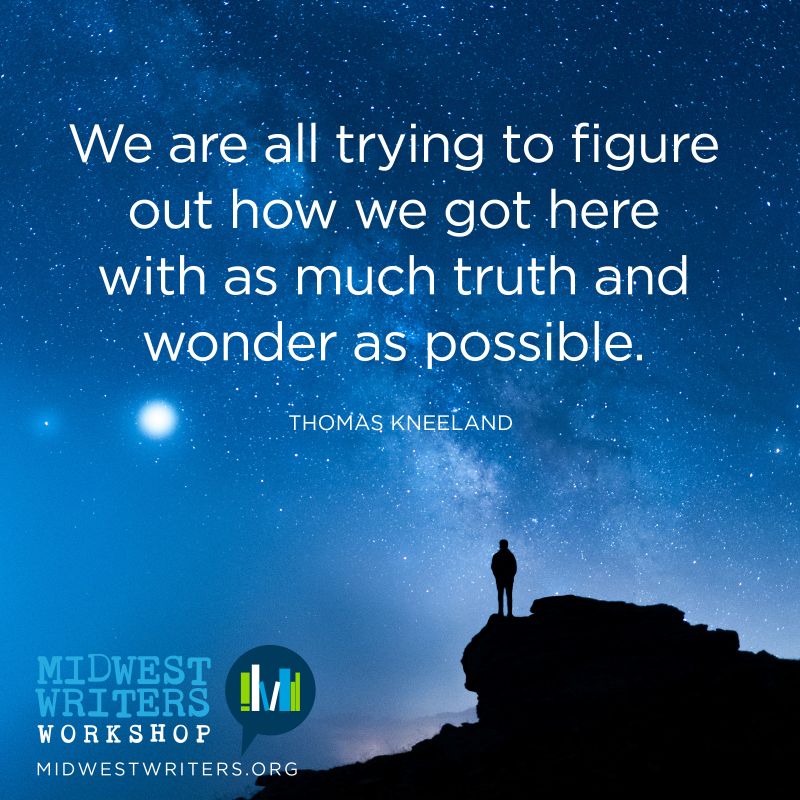 MWW: What’s the advice you give most often when it comes to publishing poems, whether individually or as collections?
MWW: What’s the advice you give most often when it comes to publishing poems, whether individually or as collections?
TK: The most important piece of advice I could give, regarding publishing poems—both individually and as a full manuscript— is for writers to be strategic in where they send poems. If you’re writing from a particular lens or voice, you’ll want journals who will not only accept your work but also advocate for it later. Advocacy comes in the form of word-of-mouth recommendations, nominations for literary awards, etc. When it comes down to full manuscripts, carefully selecting poems that best encapsulate the collection can be a useful strategy.
MWW: What book (or resource) on writing craft do you recommend most often?
TK: I strongly recommend that every writer read How We Do It: Black Writers on Craft, Practice, and Skill. It sort of goes without saying, but you don’t have to be Black to read this book. From a more anecdotal space, How We Do It teaches us the art of knowing and unknowing when it comes to writing fiction, nonfiction, poetry, and memoir. It is a comfortable read that encourages conversation without dense, archaic language.
Join us this July 10 – 12, 2025 at the Ball State Alumni Center in Muncie, Indiana—or virtually, from the comfort of your own computer—and see for yourself the wonderful things MWW has to offer!
Learn More About the Conference and Register
All attendees will receive available session materials and have access to the recordings for 90 days following the event
Announcing MWW25’s FREE Community Event!
Evening with an Author: Robin Lee Lovelace
Come join the Midwest Writers Workshop for a cozy evening with the talented author Robin Lee Lovelace at the Ball State Alumni Center. She’ll read from her book Savonne, Not Vonny and her Indiana Author Award Shortlisted collection, A Wild Region. Attendees will also learn about her writing journey and process. Don’t miss out on this opportunity to meet the author, ask questions, and connect with fellow book lovers!
Friday, July 11 from 6:30 – 8:00pm EST
Ball State Alumni Center
2800 West Bethel Ave/Muncie, IN 47304
This in-person event is free and open to the community, made possible with the support of Indiana Humanities and Glick Philanthropies.
RSVP for Evening with an Author
MWW25 ADVERTISING OPPORTUNITIES
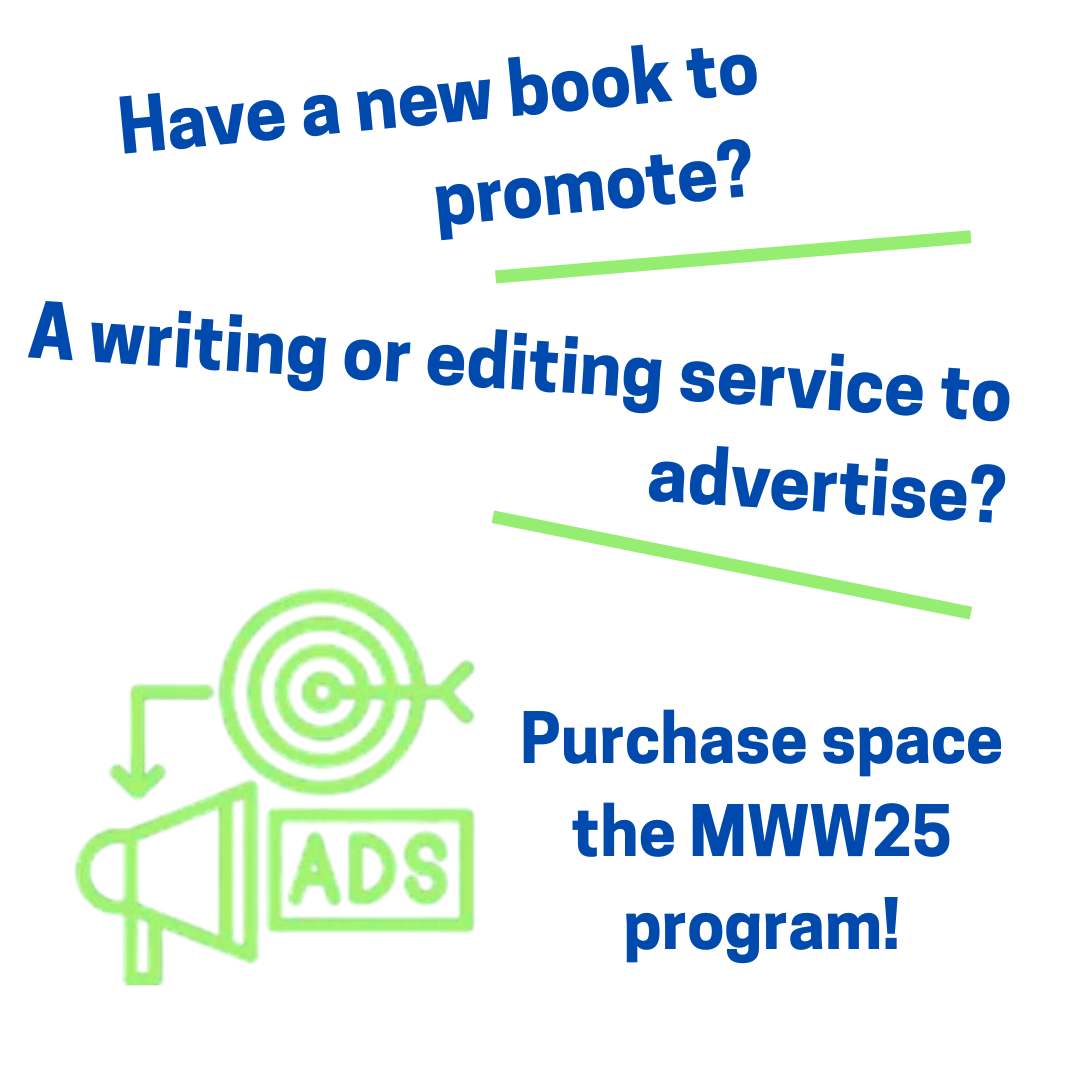 Placing an ad in the MWW25 program or adding your materials to the conference welcome bags is a way to get your information into the hands of neatly 150 people! Learn more about how you can advertise in our MWW25 program and emails!
Placing an ad in the MWW25 program or adding your materials to the conference welcome bags is a way to get your information into the hands of neatly 150 people! Learn more about how you can advertise in our MWW25 program and emails!
Are You in a Writing Slump? Write With Us!
The “Wednesday Write-In with MWW” is a 30-minute Zoom session, first Wednesday of the month, where we get together and WRITE.
It might seem weird to have the Brady-Bunch Zoom screen filled with people not talking to each other, but please trust me: It works. It creates an accountability; it creates a space where your sole purpose is to get words down on paper. I might allow for a *little* chit-chat 🙂
To accommodate people’s availability, we will alternate morning sessions and evening sessions. Let’s dedicate 30 minutes of our day, once a month, to generating words and developing our craft!
Subscribe to our newsletter for the monthly link!
Success Stories
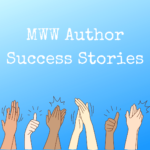 Finish an essay, a book, a paragraph? Have something published? Tell us about something exciting you’ve done with writing and/or publishing in the past year. Bonus points if you can tell us how MWW has made an impact on your writing.
Finish an essay, a book, a paragraph? Have something published? Tell us about something exciting you’ve done with writing and/or publishing in the past year. Bonus points if you can tell us how MWW has made an impact on your writing.
Send your success stories to midwestwritersworkshop@gmail.com and we’ll post it on our website!
MWW is dedicated to building a community where writers can networkwith others and grow.
ADVERTISE WITH US!
This ad space could be yours! MWW publishes four digital newsletters a month. With a 42+% open rate, we offer an excellent venue for reaching your target audience.
You can also be featured in our event programs!
Check out our advertising opportunities.
SEE WHAT ELSE MWW HAS TO OFFER
- MWW Writing Service: Receive manuscript evaluations from our experts
- Midwest Writers Workshop Facebook Group: Join our community to network, support, celebrate, and commiserate with other writers

